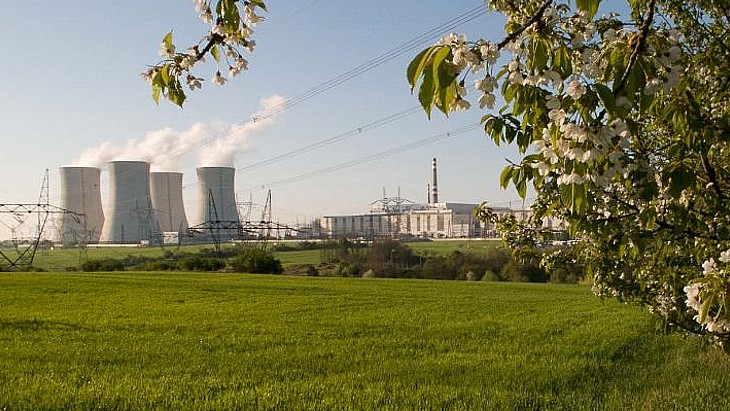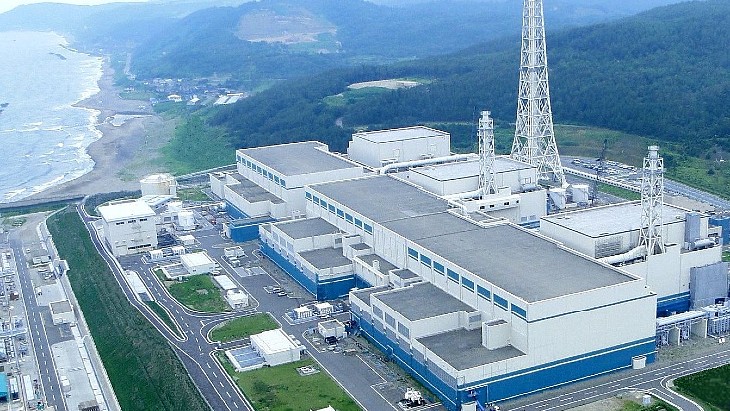"Nuclear is the best alternative to keep power costs under control," Thai energy minister Piyavasti Amranand has said. In the Phillippines, leaders are preparing a 15-year preparation period for nuclear power as they complete payment for a failed project.
"Thailand cannot depend too much on natural gas because the gas fields in the Gulf of Thailand will run out very soon," said Piyavasti, "Coal is cheap, but the environmental costs are unquantifiable."
According to reports, Thai authorities have contracted six experts to draft a planning study, after which seven years would be spent in preparation. Construction of two nuclear plants for $6 billion could begin in 2015 for 2021 operation under the state-owned Electricity Generating Authority of Thailand (EGAT). The plants would produce 4000 MWe.
Piyavasti concluded: "The country made a big mistake 15 years ago scrapping plans to build a nuclear power plant because of opposition. If we proceeded with that plan, the country wouldn't be suffering like it is with rising fuel prices."
In the Phillippines, it has been estimated that the time needed to build the necessary skills base for nuclear operations is 15 years. Cerge Remonde, chief secretary of the Presidential Management Staff, said that a human resource development program was being finalized in order to make an 'informed decision' on nuclear sometime after 2022. Energy secretary Raphael Lotilla said the country should not be distracted from "renewable and indigenous sources of energy, which can be implemented in the short- and medium-term."
In April the Philippine government made the final payment for the uncompleted Bataan nuclear power plant. Initiated by the government of Ferdinand Marcos in the early 1970s, the project to build two 620 MWe Westinghouse pressurized water reactors at Napot Point cost about $460 million but yielded no power. Construction work began on Bataan 1 and its condition has been maintained over the years.
A source at the International Atomic Energy Agency (IAEA) told World Nuclear News that many countries are saying similar things, but that Thailand and the Phillippines have obviously taken IAEA preparation advice seriously. Although nuclear technology can be imported, beginning a nuclear power program requires a country to have a certain high level of native skills, robust administrative structures and a regulatory body independent of government.
Further information
WNA's Emerging Nuclear Energy Countries information paper
WNN: ASEAN summit declares support for nuclear
South east Asian plans for nuclear
"Nuclearis the best alternative to keep power costs under control," Thai energyminister Piyavasti Amranand has said. In the Phillippines, leaders arepreparing a 15-year preparation period for nuclear power as they complete payment for a failed project.




_53514_33880.jpg)


_91467.jpg)





